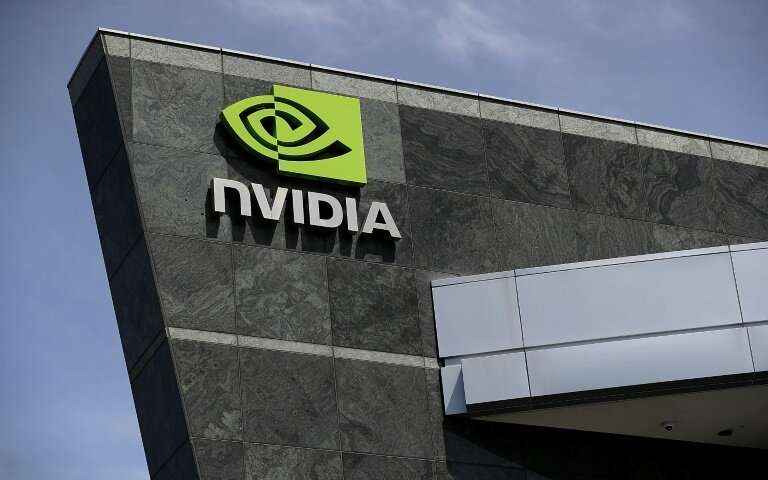Nvidia, AMD agree to give U.S. government 15% of China ship revenue in unprecedented Trump deal

Nvidia and AMD have struck an unusual arrangement with the U.S. government: give up 15% of revenue from certain chip sales to China or lose access to a key market, Reuters reported on Monday. The move, confirmed by U.S. officials on Sunday, adds a new twist to Washington’s long-running tussle over tech exports to Beijing.
“Nvidia and AMD have agreed to give the U.S. government 15% of revenue from sales to China of advanced computer chips, a U.S. official said on Sunday, in an unusual move likely to faze American companies,” Reuters reported.
The deal centers on H20 artificial intelligence chips and AMD’s MI308 processors — products that had been caught in export restrictions earlier this year. In April, the Trump administration halted shipments of Nvidia’s H20 to China, but by last month, Washington signaled it would allow sales to resume under new conditions. Those conditions, it turns out, now include a revenue cut for the Treasury.
Two U.S. officials, speaking anonymously, described the levy as part of the licensing process for shipping the chips. It’s a rare precedent — one that analysts warn could weigh on margins for both companies. Nvidia shares slipped about 1% in premarket trading Monday, with AMD down nearly 2%.
For Trump, the move fits into a broader pattern of intervening in corporate decisions. He’s been vocal about pushing companies to invest in U.S. jobs and manufacturing. Just last week, he demanded that new Intel CEO Lip-Bu Tan resign over alleged conflicts tied to Chinese firms.
Not everyone sees the arrangement as sound policy. “It’s wild,” Geoff Gertz, a senior fellow at the Center for New American Security, told Reuters. Gertz questioned why the government would treat the sales as both acceptable and risky at the same time. “Either selling H20 chips to China is a national security risk, in which case we shouldn’t be doing it to begin with, or it’s not a national security risk, in which case, why are we putting this extra penalty on the sale?”
Nvidia didn’t directly address the 15% figure but said in a statement:
“We follow rules the U.S. government sets for our participation in worldwide markets. While we haven’t shipped H20 to China for months, we hope export control rules will let America compete in China and worldwide.”
The stakes are high. Nvidia has warned that losing access to China for the H20 could erase $8 billion in quarterly sales. AMD has projected a $1.5 billion revenue hit this year from similar curbs. China accounted for 13% of Nvidia’s revenue last fiscal year and nearly a quarter of AMD’s.
The Financial Times, which first reported the deal, said the money is to be collected as a condition for export licenses. The Trump administration hasn’t said how it plans to use it. Commerce Secretary Howard Lutnick has described the resumption of chip sales as part of broader talks with China over rare earths, noting the H20 is only Nvidia’s “fourth-best chip.”
Critics from previous administrations aren’t convinced this is the right trade-off. Alasdair Phillips-Robins, a former Commerce Department adviser, called it “trading away national security protections for revenue for the Treasury” if the reports are accurate.
For now, the agreement appears to clear the way for Nvidia and AMD to restart shipments to one of their most important markets — at a steep price.




